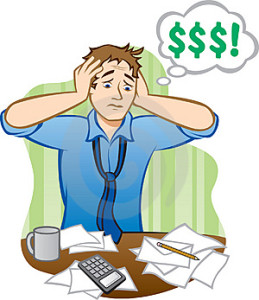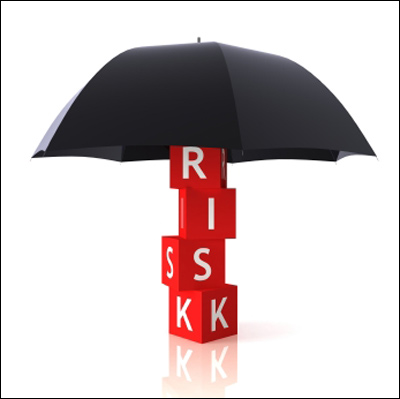How To Decide If You Should Focus On Saving Or Paying Off Debt
 There’s no shortage of personal finance information on the Internet. You’ve probably lost count of how many times you’ve read that it’s important to save money every month. While that sounds great in theory, when you have a cloud of debt hanging over you, focusing on saving becomes even harder.
There’s no shortage of personal finance information on the Internet. You’ve probably lost count of how many times you’ve read that it’s important to save money every month. While that sounds great in theory, when you have a cloud of debt hanging over you, focusing on saving becomes even harder.
Regardless of how good your intentions are, it’s hard to convince yourself that funneling money into your savings account is the best course of action when you’re receiving daily phone calls about payments that are past due.
Since this is a dilemma that millions of Americans face, you’re not alone in wondering how you should deal with it. And as you may have guessed, there’s not just one answer to this question. Instead, it really does depend on your individual situation. To decide which option is right for you, there are several factors that you need to take into account:
Rainy Day Fund
While it’s obviously important to think about the future and take steps to help secure your retirement, in terms of what currently matters most for you and your family, that would be having a sufficient rainy day fund. Also commonly referred to as an emergency fund, the reason having one is so important is you simply never know when a significant expense may come up. Although you can plan and project your budget all the way down to the penny, if an emergency situation arises, the last thing you want is for it to also be a financial catastrophe.
Given the importance of this fund, if you don’t have one yet or it’s not even close to the amount you actually need, it’s worth focusing on this type of saving before you begin dealing with getting rid of your debt.
The Real Cost of Your Debt
One important calculation to make is comparing the true cost of your debt to how much you can earn from saving. As an example, let’s say you have $8,000 in credit card debt with 9% interest. By multiplying the two, you can see that specific debt is costing you $720 a year. Then once you decide how much you either want to pay off or put in savings, you can calculate the savings yield you’ll receive and then determine which option will put you in a more favorable position.
Your Short-Term Financial Goals
The other factor you need to take into account is what your priorities are in the short-term. If you’re doing something like starting a business, it makes sense to prioritize saving so you’ll have the funds necessary to get your venture off the ground.
As previously mentioned, although there’s not a definitive answer to this question, you now have all the information you need to make the right decision for your specific situation.
James Freemont is a freelance writer who blogs about income tax planning and financial advice.
















